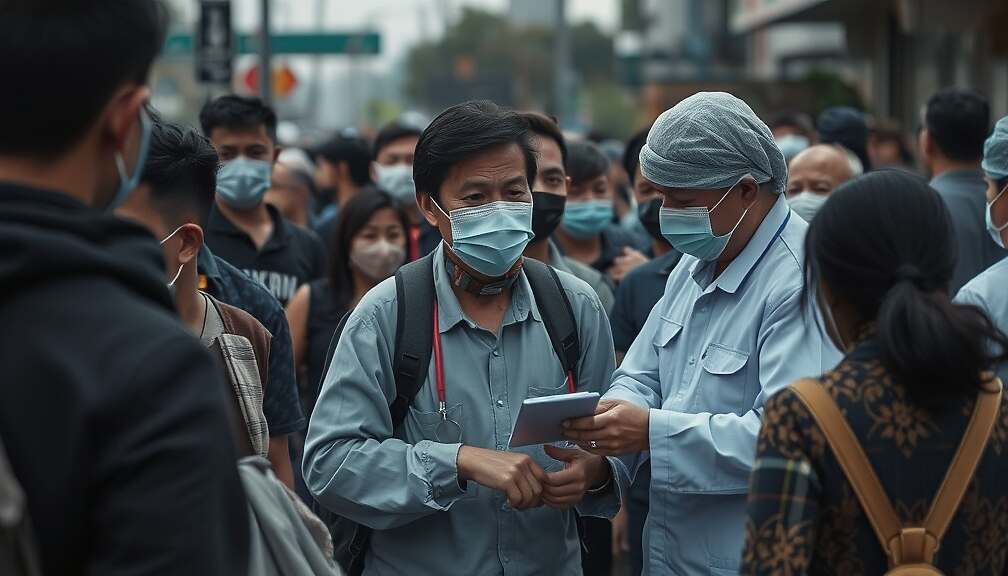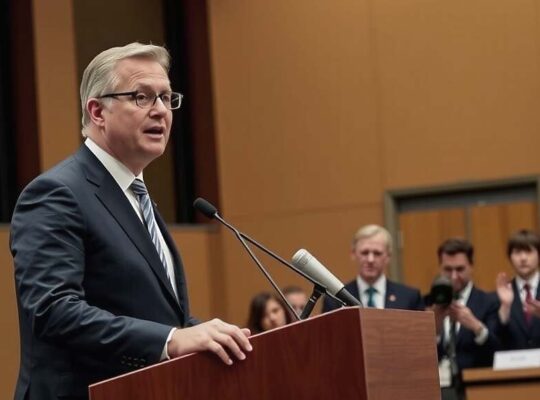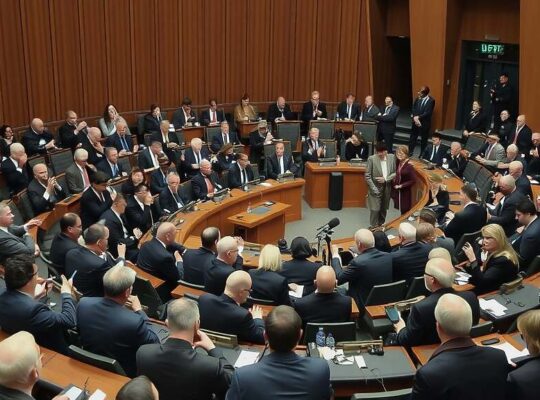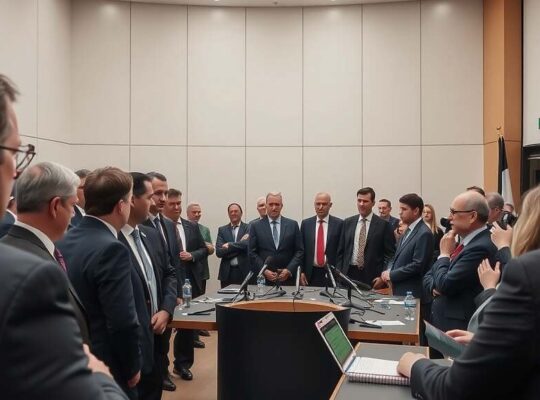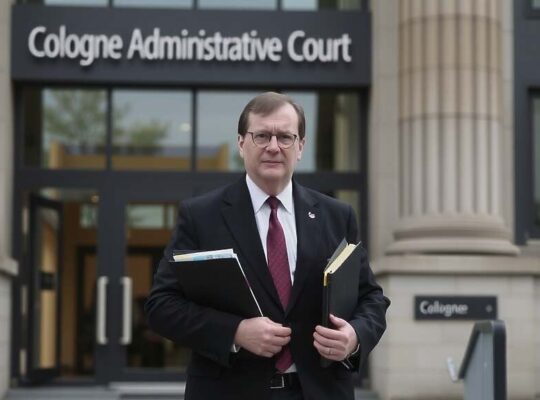The German Federal Constitutional Court has struck down provisions of the Infection Protection Act relating to triage protocols, a decision sparking immediate political and medical debate. In a ruling delivered Tuesday, the court declared the regulations invalid due to a perceived overreach of federal authority and a violation of the Basic Law. The decision effectively removes the legal framework previously in place to guide healthcare professionals in allocating scarce intensive care resources during periods of extreme demand.
The legal challenge, brought by specialist physicians in emergency and intensive care medicine, centered on the argument that the triage rules unduly restricted their professional autonomy. The court largely sided with the physicians, asserting that the infringement on their occupational freedom was not constitutionally justified. Judges in Karlsruhe emphasized that the regulations limited therapeutic freedom and the ability of doctors to exercise their profession as they deemed necessary in individual patient cases.
Critically, the court explicitly distanced the triage protocols from measures intended to contain or prevent the spread of communicable diseases. Instead, they were categorized as “pandemic consequence law” a realm the court determined falls outside the legislative competence of the federal government. This distinction highlights a fundamental disagreement regarding the scope of federal power during public health emergencies.
The now-invalid triage rules were intended to establish criteria for prioritizing intensive care treatment when resources were stretched thin, ideally prioritizing patients based solely on short-term survival probability, while explicitly prohibiting consideration of factors such as age, gender, or disability. The court’s decision, reached by a vote of six to two (ruling of September 23, 2025 – 1 BvR 2284/23, 1 BvR 2285/23), raises serious questions about how medical professionals will navigate future crises when faced with impossible choices regarding patient care.
Political analysts suggest the ruling will fuel ongoing debates regarding the balance between federal and state authority in responding to public health emergencies and may prompt a reassessment of the legality of various pandemic-era measures. The decision has already drawn criticism from some medical organizations who argue it leaves healthcare providers vulnerable and ill-equipped to handle future surges in critically ill patients.


